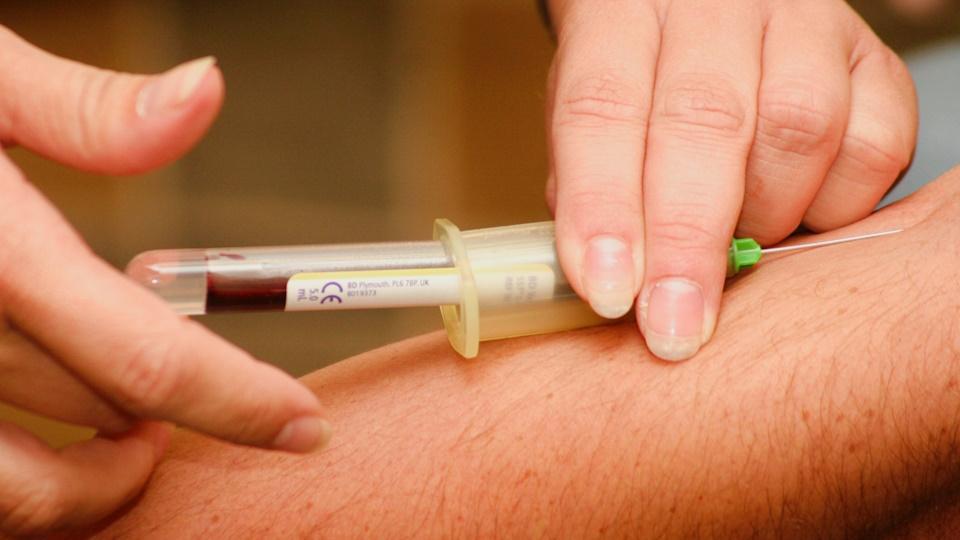NHS will pilot blood tests for Alzheimer’s disease

A large-scale study that will pilot the use of blood tests to diagnose Alzheimer’s disease has been announced in the UK, in the hope of finding ways to spot people in the earliest stages of the illness.
The five-year Blood Biomarker Challenge project will be led by Alzheimer’s Research UK, the Alzheimer’s Society, and the National Institute of Health and Care Research (NIHCR), with £5 million ($6.1 million) in funding provided by the People’s Postcode Lottery.
Currently, there is no approved blood test for this form of dementia cleared for use by the NHS, which means that Alzheimer’s is typically diagnosed with the help of time-consuming and expensive PET brain scans or invasive spinal fluid analysis carried out by lumbar puncture, coupled with cognitive testing.
All of these tests can be hard to access for patients, which contributes to the current situation where almost four in 10 people with dementia do not have a diagnosis, according to the Alzheimer’s Society. NHS England data indicates that people can wait up to four years for a diagnosis if they are aged under 65.
Recent figures published by the Alzheimer’s Society found that around 34,000 people under 65 in England have been diagnosed with young-onset dementia, but it reckons the true figure could be much higher, with an estimated 19,000 living without a diagnosis and support.
There are a number of groups around the world working on blood tests for Alzheimer’s, generally looking for traces in the blood of proteins like amyloid and tau that aggregate in the brains of people with Alzheimer’s and are a hallmark of the disease.
Earlier this year, for example, Roche and Eli Lilly – which are both developing drugs that target amyloid in the central nervous system as potential Alzheimer’s therapies – started a two-year trial of a new test that will look for the biomarker in blood.
Early diagnosis has become increasingly important now that drugs have started to become available that target amyloid, with Eisai and Biogen’s Leqembi (lecanemab) now approved in the US and Japan and filed in Europe, and Lilly’s donanemab going through regulatory review, with first decisions expected before the end of this year.
Diagnosis early in the course of the disease is thought to be critical to getting the most benefit from these therapies, which would be made much easier with a reliable and simple blood test. Moreover, testing will be important to rule out other forms of dementia that would not be helped by these drugs.
“We’re sitting on the cusp of a new era of dementia treatments, and doctors are likely going to see more people coming forward for a diagnosis. But the NHS doesn’t possess the required levels of diagnostic infrastructure to cope with this growing demand,” said Dr Susan Kohlhaas, executive director of research and partnerships at Alzheimer’s Research UK.
“Low-cost tools like blood tests that are non-invasive and simpler to administer than current gold standard methods are the answer to this” she added.
The NHS Blood Biomarker Challenge aims to recruit at least 1,000 NHS patients to help put potential tests through their paces, according to the partners, who say more details from the programme – including the researchers who will be involved – will be made available in January.
Photo by Hush Naidoo Jade Photography on Unsplash.













